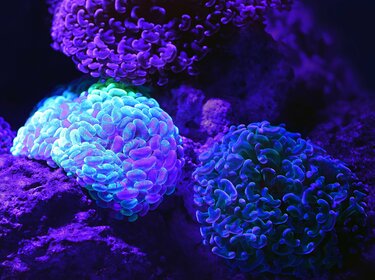Berlin, 27. Januar 2023 – The TÜV Association becomes a partner of the "EU TEF-Health Project". TEF-Health stands for "Testing and Experimentation Facility for Health AI and Robotics" (tefhealth.eu). The aim of the project, which is funded with 60 million euros, is to develop testing, validation and certification procedures of products and applications with artificial intelligence used in healthcare. "At TEF-Health, the TÜV Association and the TÜV AI Lab work together with top-level European research institutions driving forward one of the most important future projects of our time," says Dr Joachim Bühler, CEO of the TÜV Association. Medical devices with artificial intelligence enable better diagnostics and more effective treatment methods. With appropriate testing procedures, we ensure the safety for patients, help to reduce the risk of misdiagnosis or discrimination against certain population groups, and thus bring medical AI applications from the laboratory to the bedside more quickly. To achieve this, technical procedures must be developed and approval processes improved. "In real test environments, parameters such as functionality, cybersecurity and reliability of hardware and software products with artificial intelligence are to be assessed," says Bühler. By doing so, the project partners are making an important contribution for AI Made in Europe.
The TEF-Health project involves 51 partners from nine EU countries, including renowned university hospitals such as the Berlin Charité or the Karolinska Institute from Sweden, metrology authorities such as the Physikalisch-Technische Bundesanstalt (PTB) and officially recognised assessment organisations. The international project consortium is coordinated by the Berlin Institute of Health at the Charité (BIH) under the direction of Professor Petra Ritter. The experts from the TÜV organisations contribute their expertise in the testing and certification of medical devices, for which they are responsible as "Notified Bodies". For the assessment of AI systems in medicine, the Notified Bodies in Germany have already developed initial guidelines with which, among other things, the quality of the training data and cyber security can be assessed. "Building on this, the focus of our collaboration in the TEF Health project will be to develop agile certification procedures for AI systems in the medical device sector and to work closely with other project partners to define and measure quality standards," says Bühler.
The project start in January 2023 coincides with the ongoing discussions in the European Parliament on the “AI Act”. The EU regulation is aimed to minimize the risks of products and applications with artificial intelligence and to create a uniform legal framework for the development of trustworthy AI systems. The TÜV Association advocates that artificial intelligence systems are also assessed by an independent body in other use cases besides medicine if there are substantial risks for the users. This concerns, among other things, vehicle technology in the area of automated driving, industrial AI applications in robotics such as so-called cobots or AI systems in critical infrastructures such as energy and water supply. Bühler: "With the establishment of further 'Quality and Testing Hubs' in Germany and the EU, we are creating the conditions for the development and rapid market penetration of safe and trustworthy AI applications in Europe."




